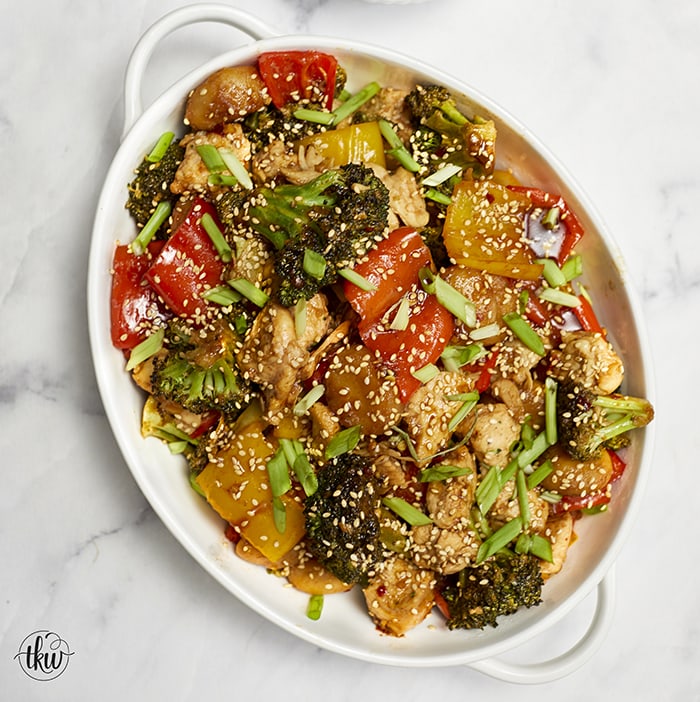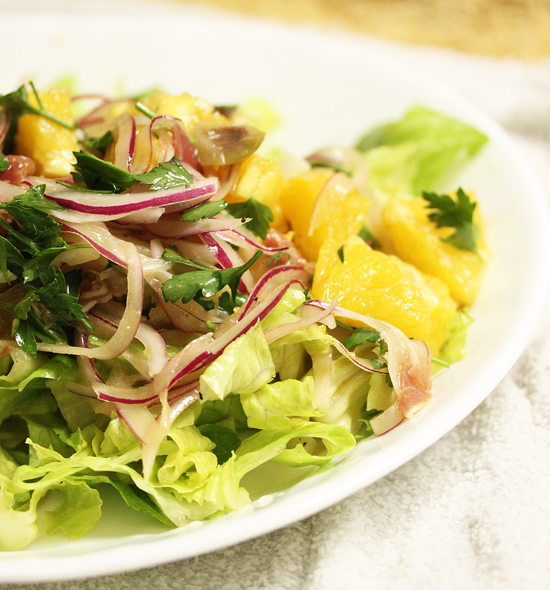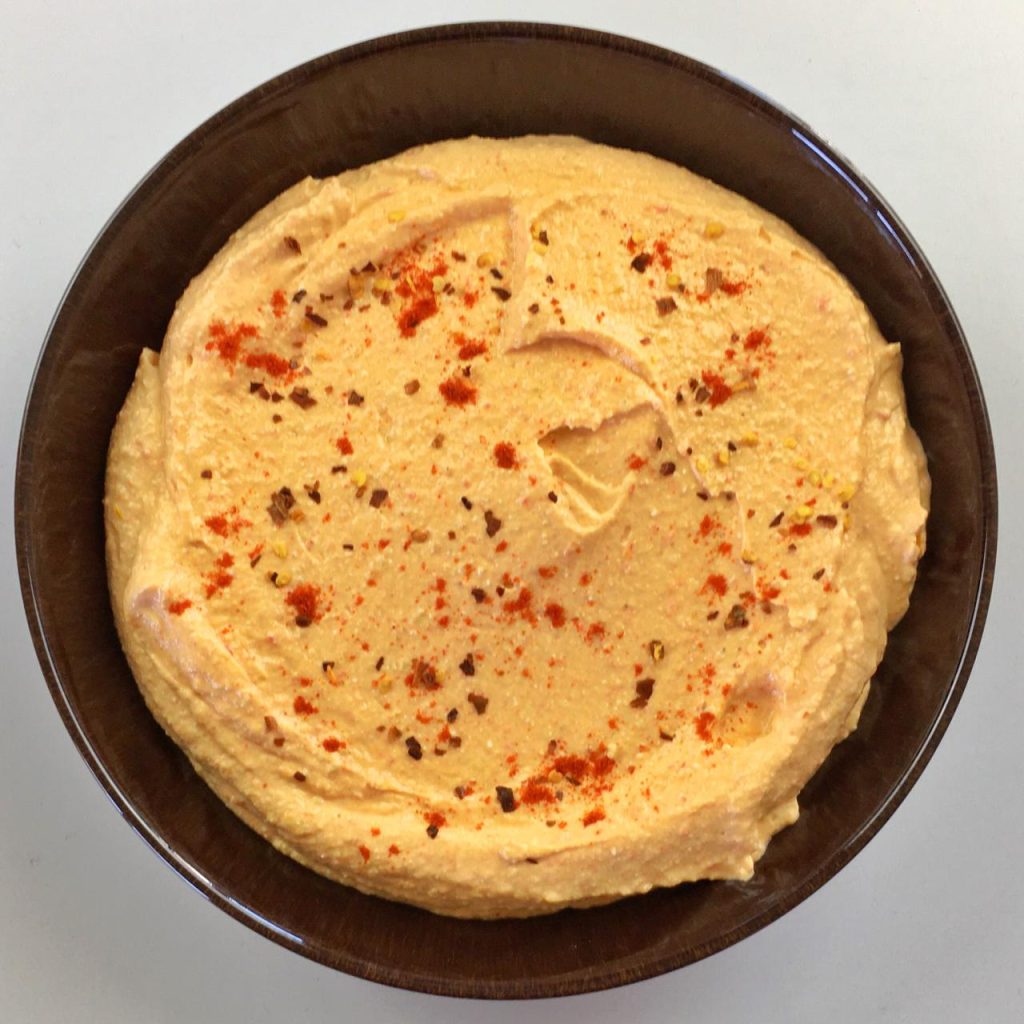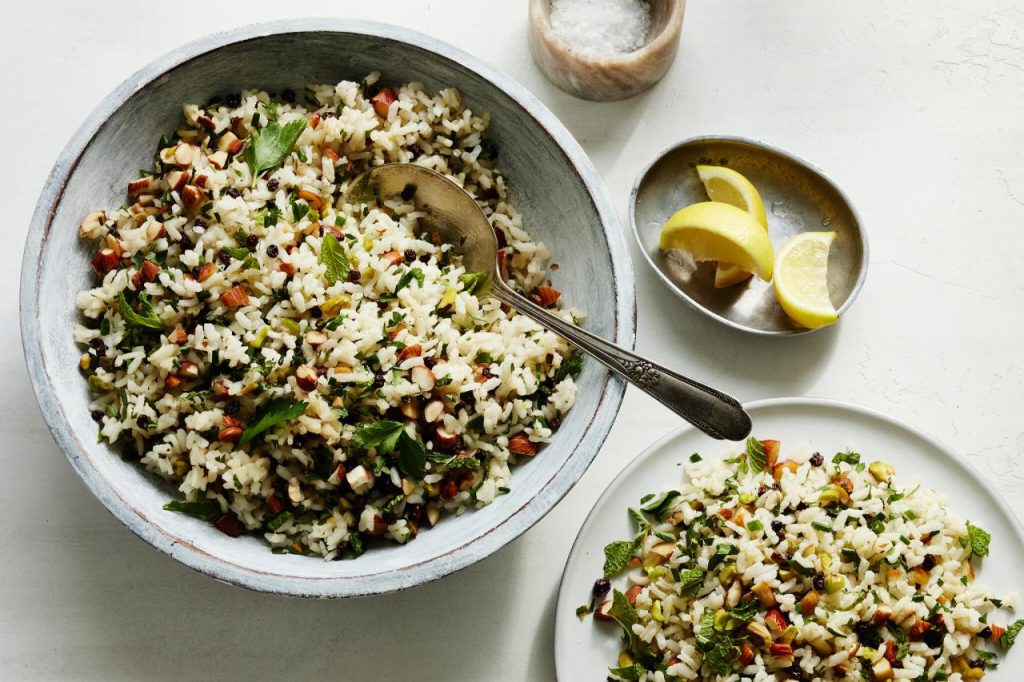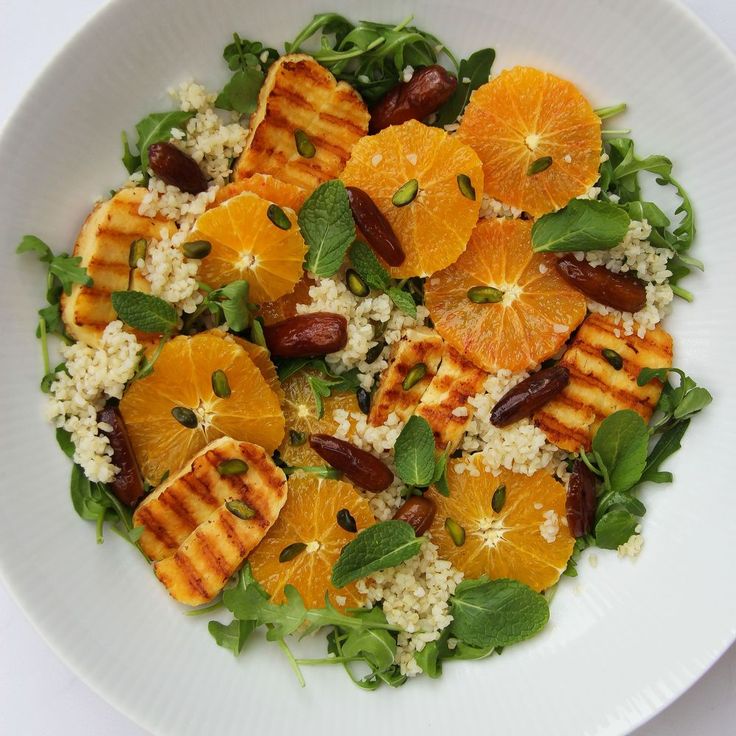Welcome to The Art of the Spanish Salad: Tips, Serving Suggestions, and More! If you’re someone who appreciates the vibrant flavors and fresh ingredients of Spanish cuisine, then you’re in for a treat. In this blog, we will be exploring the world of Spanish salads, from classic recipes to creative variations. Whether you’re a seasoned chef or a beginner in the kitchen, Food-Easy-Recipes.com have tips and tricks to help you create a flavorful Spanish salad that will impress your taste buds. So let’s dive in and discover the art of making the perfect Spanish salad!
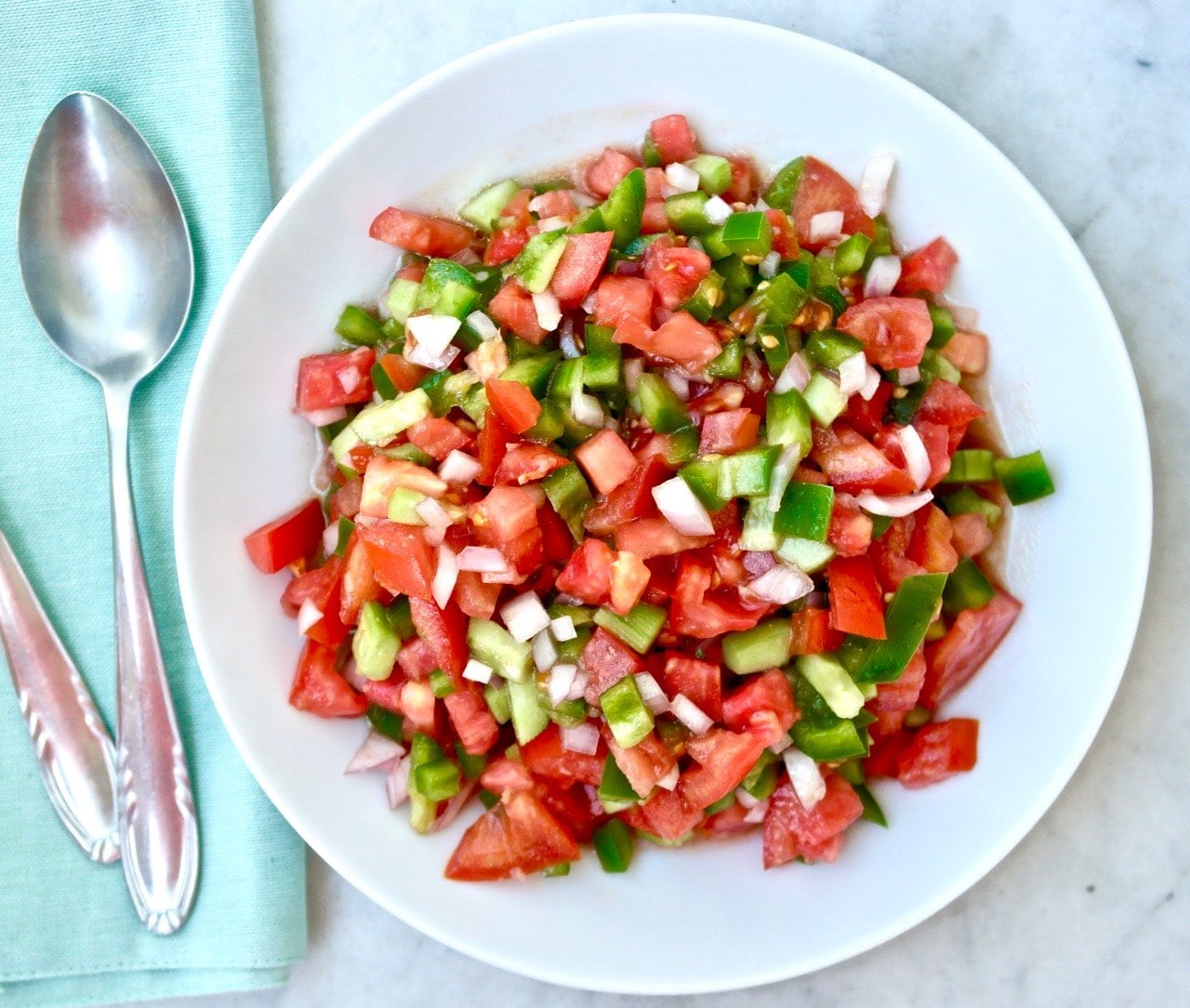
Spanish Salad
Ingredients
Method
- Wash the lettuce.
- Dry it with paper towels.
- Cut off the hands of the lettuce into small pieces and divide it into 4 small dishes or salad bowl.
- Place the egg, carrot, or substitute the Mortadella and cheese or substitute on the lettuce.
- Garnish with olives.
- Mix vinegar, oil, salt and pepper in a bowl.
- Pour a tablespoon of mixture on each salad.
Video
Notes
Exploring Traditional Spanish Salad Recipes: From Ensalada Mixta to Ensaladilla Rusa
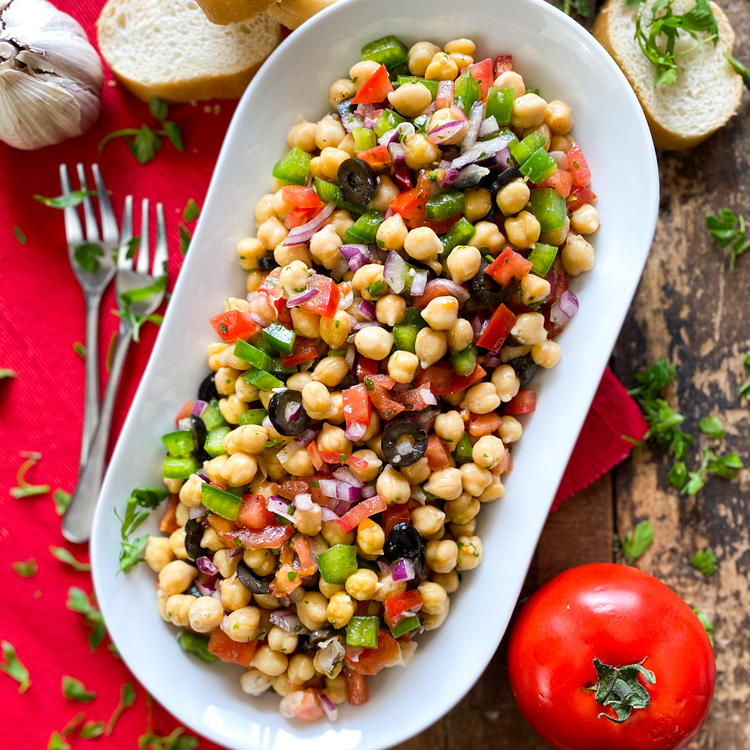
The Spanish mixed green salad is a refreshing and popular dish, especially during warm spring and summer days. Its exact origin is difficult to determine, but it has strong influences from the Mediterranean and coastal regions of southern Spain. This salad is a staple in many households in Andalusia and can be found in restaurants throughout the region.
To make the Spanish mixed green salad, you will need a mix of lettuce, hard-boiled eggs, tomato, onion, and salad dressing. The recipe is simple and can be made at home without any fancy or expensive kitchen equipment. The step-by-step guide in the previous section provides clear instructions on how to make the salad, including boiling the eggs, preparing the lettuce, and assembling the salad.
As an Amazon Affiliate, this blog post is supported by its readers. If you make a purchase through a link, the blog earns a small commission. If you liked the recipe, you can pin the blog post for later reference.
The salad dressing typically used for the Spanish mixed green salad is a combination of vinegar, extra virgin olive oil, and salt. However, there are also variations and additional tips that can be found in the full article to customize the salad to your liking.
Tips for Creating a Flavorful Spanish Salad: Ingredients and Variations
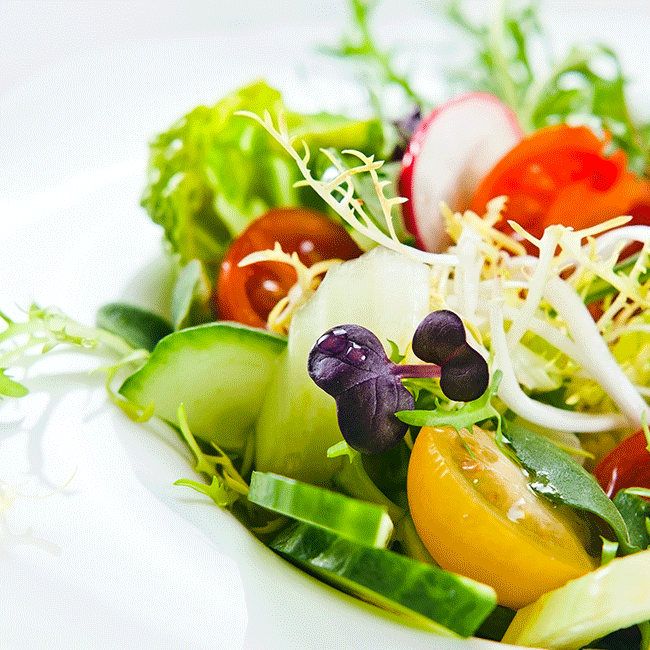
When it comes to creating a flavorful Spanish salad, there are a few key ingredients and variations to keep in mind. One popular Spanish salad is Pipirrana, which showcases the use of seasonal and local ingredients.
While Spanish cuisine is often associated with tapas, gazpacho, and paella, there are also many vegetable-rich dishes in certain regions of Spain. Pipirrana is a perfect example of this.
Pipirrana has multiple variations depending on the region it is made. In some areas, the tomatoes are peeled and soaked in olive oil, creating a mashed consistency similar to a soup. In other regions, additional ingredients such as olives and lettuce may be added. However, the basic version of Pipirrana includes tomatoes, peppers, onions, and cucumber as the base.
To dress the salad, olive oil, vinegar, and garlic are commonly used. This combination not only adds flavor but also enhances the nutritional value of the salad. Pipirrana is rich in vitamin C, fiber, and antioxidants. Adding olive oil to the salad helps to absorb these antioxidants.
One of the great things about Pipirrana is its versatility. You can add seafood such as octopus or tuna to make it a complete meal with a good dose of protein. Some variations even include eggs. These additions can change the flavor profile of the salad, making it even more delicious.
It’s interesting to note the small variations between similar recipes in Mediterranean countries. While a Greek salad may have identical ingredients, there are subtle differences. For example, Greeks generally do not add garlic to a tomato salad, whereas in the Spanish version, garlic is a common addition. These small variations result in familiar yet unique flavors.
If you’re interested in exploring more Spanish salad recipes, there are many options to choose from. Some popular ones include Ensalada Mixta (Spanish Mixed Green Salad), Ensaladilla Rusa (Spanish Potato Salad), Ensalada Murciana (Spanish Bean and Red Pepper Salad), and Ensalada de San Isidro (Spanish Salad from Madrid). These salads are easy to make and can be a refreshing and light side dish for any meal.
Serving Suggestions: How to Present and Pair Your Spanish Salad
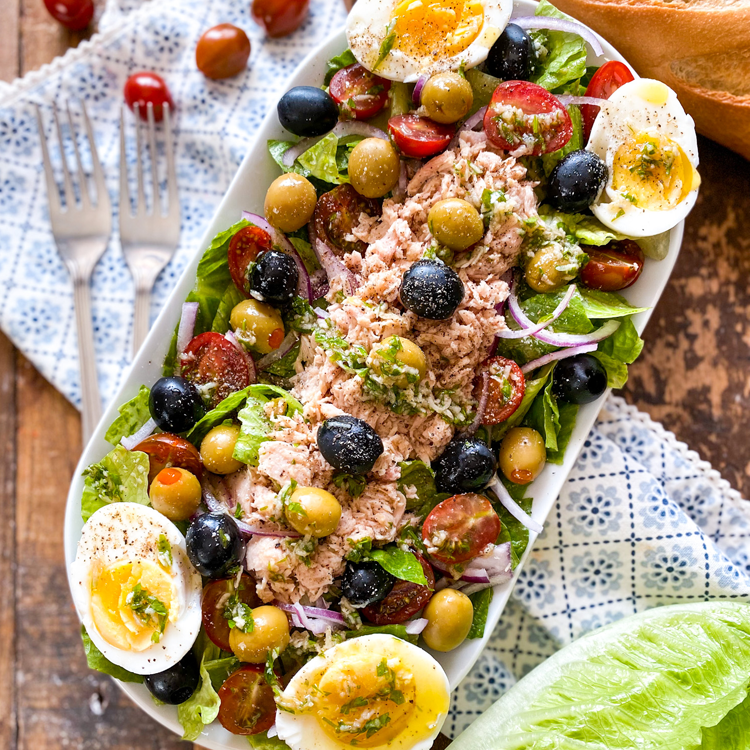
Serving Suggestions: How to Present and Pair Your Spanish Salad
Now that you have learned how to make ensalada verde, it’s time to explore different ways to present and pair this classic Spanish side salad.
Ensalada verde is a versatile salad that can be customized to your liking. It pairs well with many classic Puerto Rican dishes, making it the perfect addition to your table. Some great dishes to serve alongside ensalada verde include arroz con gandules, arroz con pollo, and pinchos de pollo.
When it comes to the greens used in ensalada verde, butter lettuce or romaine are traditionally used. However, you can also experiment with alternative leafy greens like arugula, kale, cabbage, fresh herbs (such as cilantro, oregano, and parsley), dandelion greens, microgreens, or spinach. These variations will add different flavors and textures to your salad.
To take your ensalada verde to the next level, consider adding some additional ingredients. Olives and pickled things, such as black or green olives, can add a tasty bite when paired with the tomatoes and vinaigrette. Adding crumbled feta or cotija cheese will introduce a creamy and savory note to the salad.
When it comes to dressing the salad, you can prepare it in advance and keep it separate until you’re ready to serve. The dressing for ensalada verde is simple yet flavorful, made with salt, pepper, vinegar (white, red wine, or balsamic), and olive oil.
By adding different ingredients and variations to ensalada verde, you can create a unique and personalized salad experience. The possibilities are endless, and you can tailor the salad to suit your taste preferences and the dishes you are serving.
So, go ahead and get creative with your ensalada verde. Explore different additions, experiment with alternative greens, and enjoy the refreshing flavors of this classic Spanish salad.
In Short
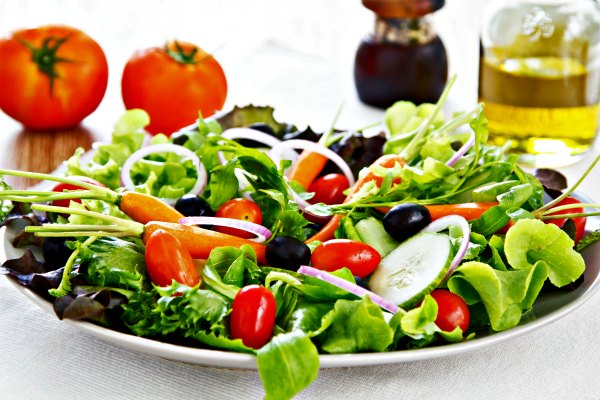
Creating a delicious Spanish salad is an art that combines fresh ingredients, vibrant flavors, and creative variations. From the classic Ensalada Mixta to the unique Ensaladilla Rusa, there are endless possibilities to explore in the world of Spanish salads. By following the tips and tricks provided, you can elevate your salad-making skills and impress your taste buds with the authentic flavors of Spanish cuisine. So don’t hesitate to experiment, pair, and present your Spanish salad in unique ways. The art of the Spanish salad awaits your creativity in the kitchen!
